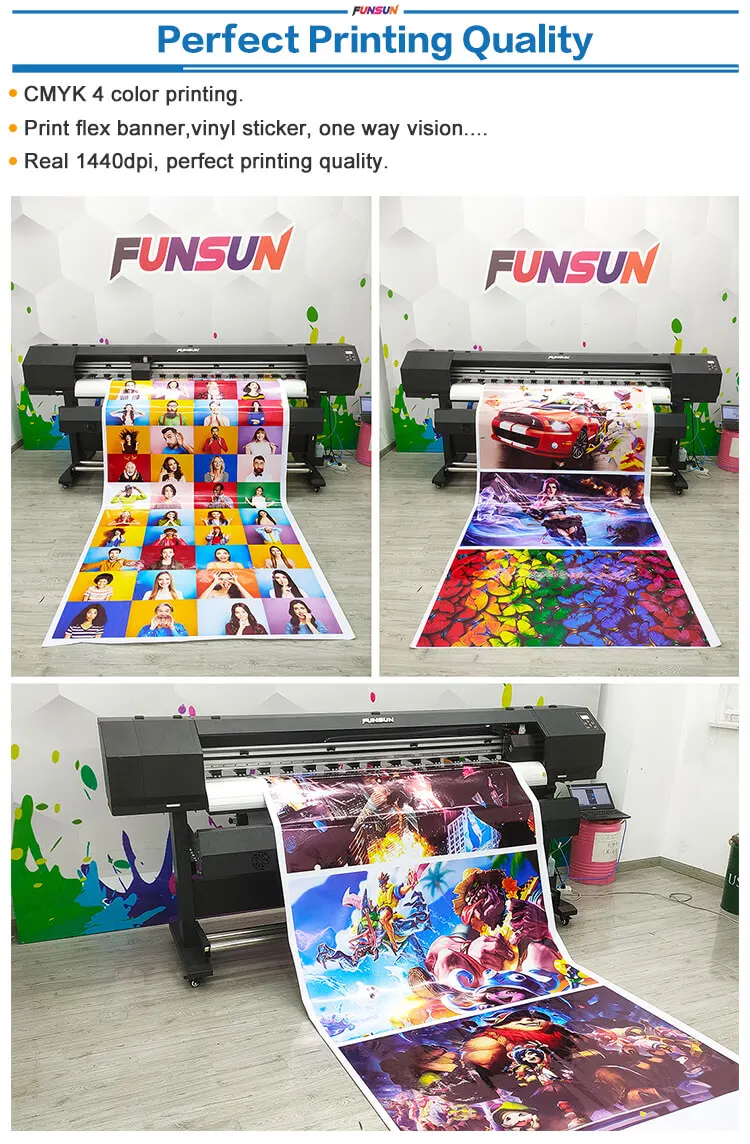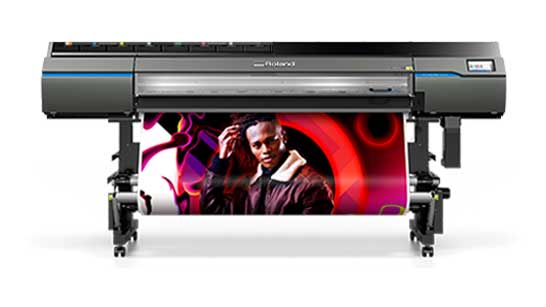How Digital Printing Can Improve Your Marketing Materials and ROI
Comprehending the Value of Digital Printing in Today's Affordable Landscape
In the context of today's extremely competitive market, the relevance of electronic printing can not be neglected. As services look for to fine-tune their methods, understanding how digital printing integrates right into wider advertising and marketing and operational goals is important. What ramifications does this have for future service practices and customer relationships?
Advantages of Digital Printing
Digital printing supplies several substantial benefits that make it a recommended choice for many organizations and people. One of the most noteworthy advantages is its capability to generate high-grade prints with intricate information and vibrant colors. This is especially important for advertising and marketing materials, where visual allure can dramatically impact consumer involvement.
In addition, electronic printing promotes fast turnaround times, making it possible for businesses to respond quickly to market demands or promotional chances. Unlike typical printing approaches that require considerable configuration and longer manufacturing times, electronic printing permits immediate result, making it optimal for time-sensitive projects.
Modification is another essential benefit of electronic printing. It supports variable data printing, which permits personalized content in each print run. This function is particularly advantageous for direct marketing campaigns, where tailored messages can boost client link and enhance action prices.
Furthermore, digital printing decreases waste by permitting small print runs without sustaining significant expenses. This capacity not just sustains sustainability initiatives but also offers flexibility for companies to test new designs or products without committing to large amounts.
Cost-Effectiveness and Efficiency
The cost-effectiveness and effectiveness of digital printing make it an appealing choice for services seeking to optimize their printing procedures. Unlike traditional printing techniques, which frequently require comprehensive setup and big print runs to warrant expenses, electronic printing permits for shorter runs without sacrificing top quality. This flexibility significantly minimizes waste and stock expenses, allowing services to publish just what they require, when they need it.
Additionally, digital printing lessens the turnaround time for jobs. With automated processes and on-demand abilities, business can react promptly to market needs, thereby improving their competitive edge. The elimination of costly pre-press phases, such as plate production and long arrangement times, even more adds to functional performance.
Furthermore, digital printing modern technologies have progressed, causing reduced per-unit costs in time. This rate decrease encourages companies, specifically little to medium-sized enterprises, to access high-quality printing without frustrating monetary burdens. Therefore, electronic printing ends up being not only a sensible option but additionally a strategic investment in a quickly developing industry. By leveraging reliable and affordable digital printing options, organizations can simplify their operations while keeping high standards of top quality and responsiveness.
Modification and Personalization
In today's competitive landscape, the capacity to offer personalization and customization in printing has actually become a critical differentiator for companies. Digital printing modern technology allows organizations to produce customized products that fulfill particular consumer demands and preferences. By leveraging variable data printing, business can create products that integrate one-of-a-kind text, images, or styles for every recipient, boosting the importance and influence of marketing efforts.
This ability not just cultivates a much deeper link with consumers yet also enables companies to stick out in a jampacked industry. Customized pamphlets, direct mail campaigns, and promotional products can lead to greater interaction rates and increased customer commitment. In addition, the adaptability of electronic printing assists in brief runs and fast turnaround times, allowing businesses to react swiftly to market patterns or specific client requests.

Environmental Influence
Digital printing provides a number of benefits in this context, mainly with its capability to lower waste and reduce resource consumption. Unlike conventional printing methods that commonly call for comprehensive configuration and generate substantial excess materials, digital printing allows on-demand manufacturing.
Furthermore, developments in digital printing modern technology have actually caused making use of environment-friendly inks and substratums. Vegetable-based and water-based inks are coming to be more prevalent, reducing the discharge of unstable natural substances (VOCs) and boosting recyclability. In addition, many digital printers are designed to be energy-efficient, consuming less power throughout operation compared to their traditional counterparts.
The shift towards sustainable this website practices is not merely a regulatory reaction; it is likewise a tactical company decision. Companies that adopt environmentally liable printing procedures can boost their brand name picture, charm to eco-conscious consumers, and add to more comprehensive sustainability objectives. In this affordable landscape, incorporating ecological factors to consider into printing methods is vital for long-lasting success and corporate responsibility.
Future Fads in Digital Printing
Emerging technologies are positioned to reinvent the landscape of digital printing, driving innovation and efficiency in the sector. As improvements in expert system and artificial intelligence remain to develop, the ability to automate procedures and enhance modification will certainly end up being a keystone of digital printing (digital printing). These modern technologies will enable printers to assess consumer information, allowing for extremely tailored print products that deal with certain market needs
Furthermore, the integration of 3D printing within typical digital printing structures is expected to develop new methods for product advancement. This convergence will assist in the production of complex designs and prototypes extra quickly and cost-effectively than ever in the past.
Sustainability will also play a critical function in forming the future of digital printing. As environmental problems escalate, environment-friendly inks and substratums are directory prepared for to gain grip, advertising a greener printing process.
Additionally, the surge of on-demand printing will certainly shift the focus from large manufacturing goes to smaller sized, a lot more adaptable orders, decreasing waste and supply costs. Collectively, these patterns indicate a transformative period in digital printing, emphasizing adaptability, effectiveness, and ecological awareness in fulfilling the needs of a developing market.
Final Thought

The cost-effectiveness and effectiveness of digital printing make it an attractive alternative for organizations looking to maximize their printing procedures. Unlike conventional printing methods, which often call for considerable configuration and large print runs to justify expenses, digital printing allows for much shorter runs without compromising quality. The adaptability of digital printing facilitates brief runs and fast turnaround times, enabling businesses to react rapidly to market trends or specific client demands.
Unlike standard printing methods that usually call for substantial setup and generate significant excess products, digital printing makes it possible for on-demand production. As electronic printing continues to advance, its duty in driving technology and operational performance will be vital for companies seeking to preserve an affordable side.